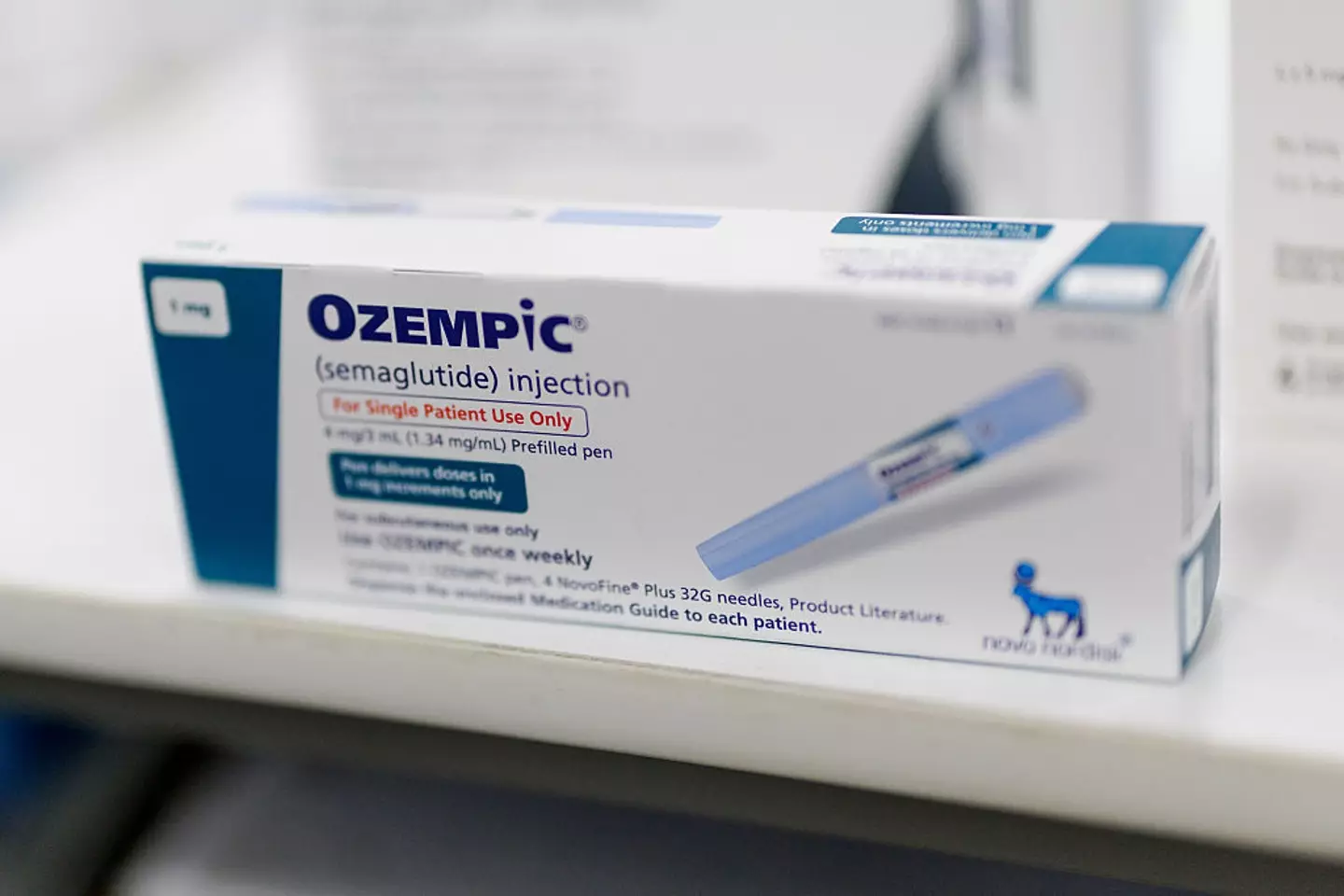A woman from Michigan shared her experience with a weight loss trend involving micro-dosing a GLP-1 drug, discussing its impact on her body. Despite Ozempic not being officially sanctioned for weight loss, numerous individuals have celebrated this unintended benefit of the medication.
Originally designed to manage Type-2 diabetes, its key component, semaglutide, has become popular in Hollywood for its ability to suppress appetite and decrease cravings, aiding in weight loss.
Recently, a new approach has surfaced among users aiming to maximize the value of the medication.
Earlier this year, a 25-year-old woman disclosed that she had been micro-dosing Ozempic. The medication is typically administered through a pre-filled injector pen, containing four doses that start at 0.25mg and increase up to 2mg, usually taken once a week.

Numerous people have shared their micro-dosing experiences on social media, detailing their attempts to extend the four doses into five or six. For some, this strategy has been successful; Madison Burgess reported losing an impressive 60lbs over two years. However, not everyone is convinced of its effectiveness.
In an article for The Independent, Charlotte Cripps explored the concept by halving her 1mg dose to 0.50mg and taking it every two weeks rather than weekly.
She noted this method as cost-effective and capable of avoiding some common Ozempic side effects like nausea and fatigue. Cripps wrote, “The idea behind microdosing is that you may be able to get the same benefits with less of the drug. There are no specific studies to compare microdosing regimes with approved dosages, so nobody has a clue about how safe it is.” She also expressed that smaller doses seemed ‘much more palatable’ than a full regimen of Ozempic.

“But take it from me, it’s not. Counting the clicks is no way to live,” she remarked.
Despite achieving a significant weight loss and normalizing her cholesterol levels over a year, Cripps noted a downside. She described feeling ‘miserable’ and at risk for nutritional deficiencies and muscle loss.
For Cripps, a vegetarian who finds a high-protein diet challenging, she confessed, “I ended up eating so much high-protein yoghurt with nuts and blueberries that I couldn’t go on. I lost the will to live. I had no social life.” She also mentioned skipping social meals for calorie-rich protein drinks.
Medical News Today states that the safety and effectiveness of micro-dosing semaglutide, particularly for health risks like cardiovascular issues, remain uncertain.

Conversely, those who have tried micro-dosing report fewer side effects like vomiting, nausea, and constipation. Madison, experiencing severe side effects from the full dose, found relief with the micro-dosing strategy.
“I’m a big advocate now of microdosing,” she stated. “Going slow and staying low is my motto nowadays and I think it’s better for long-term results.”
However, for Cripps, the experience wasn’t worthwhile. Although it helped her ‘reset’ her eating habits and lose weight, she now feels ‘free from the hell of micro-dosing.’
Novo Nordisk has been contacted for a statement.

